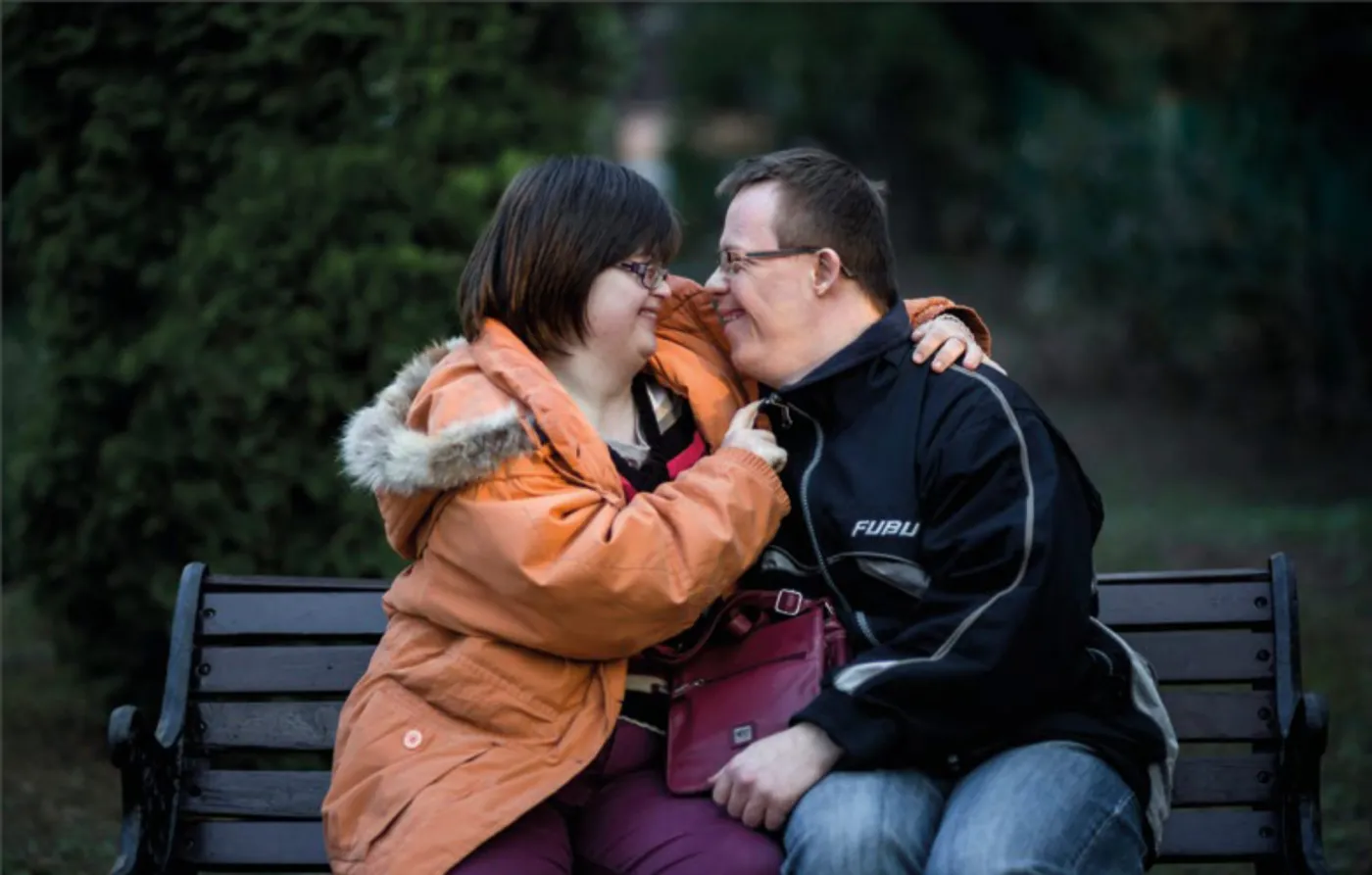The principles of equality and non-discrimination are at the heart of human rights and help to reduce disadvantage on numerous grounds and in many areas. Human rights are not reserved for special groups. They are for everyone, throughout society and across the globe. However, discrimination persists against religious, ethnic and national minorities, persons of African descent, indigenous peoples, persons with disabilities, migrants, older persons, children, women, and LGBTI people, among others.
Historic forms of prejudice combine with income and social inequality to drive conflict, racism and xenophobia. In addition, the rise of social media has triggered the spread of hateful messages that fuel discrimination. At the same time, the 2030 Agenda and its commitment to ‘leave no one behind’ have created a momentum in favour of equality and non-discrimination.
We will work to promote equality and counter discrimination through laws and institutions, and will encourage rights-based and inclusive public narratives; give particular attention to discrimination against women, persons with disabilities and migrants; combat hate speech in the digital space; and seek to ensure that the UN system and SDG implementation adopt a human rights response to discrimination and inequality, ensuring that no one is left behind.

